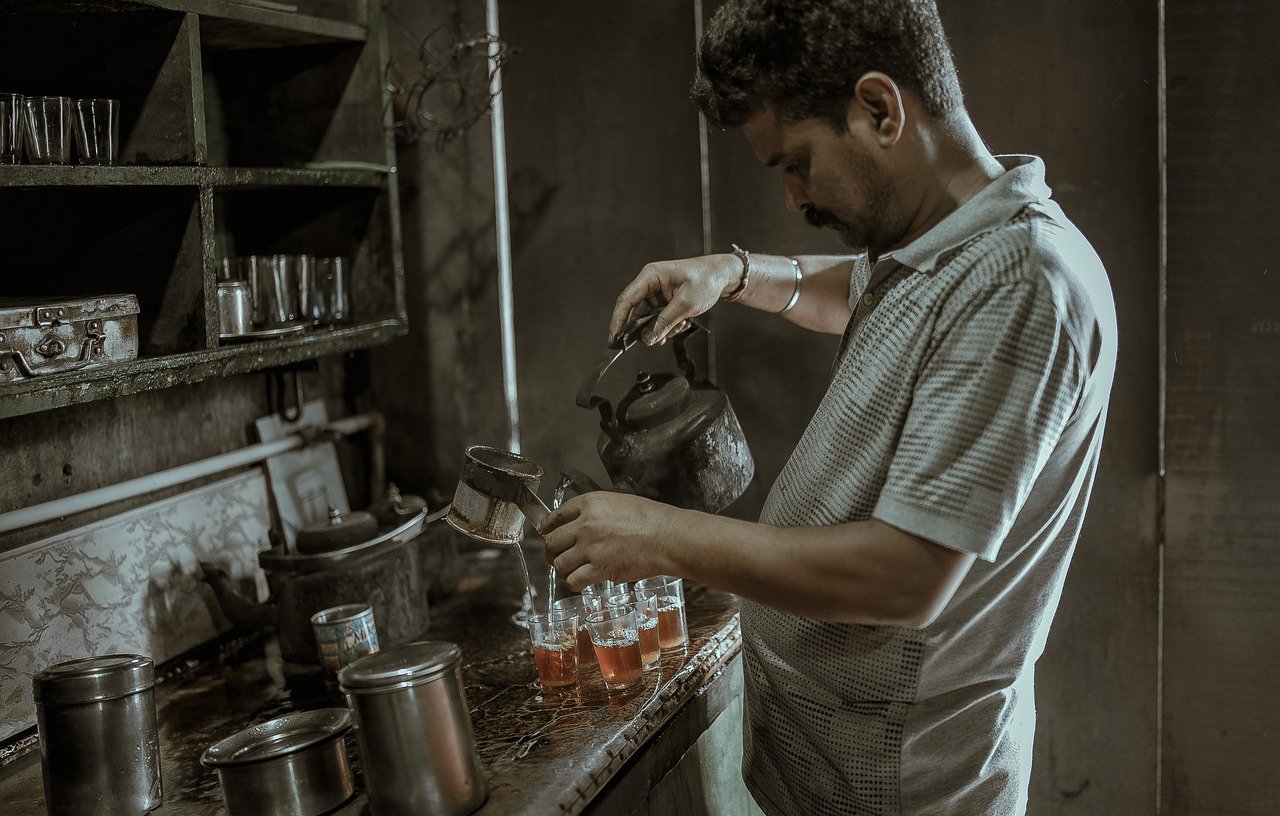The Influence of Media Bias on Election Coverage
Media bias has been a significant topic of discussion, especially in the context of election coverage. The way in which the media presents information can have a profound impact on how voters perceive candidates, parties, and issues. In this article, we will explore the influence of media bias on election coverage and its implications for democracy.
What is Media Bias?
Media bias refers to the tendency of news outlets to report information in a way that favors one side of an issue or promotes a particular agenda. This bias can manifest in several ways, including through selective reporting, framing, and the use of language that conveys a certain perspective.
The Impact of Media Bias on Elections
Media bias can have a significant impact on elections by shaping public opinion and influencing voter behavior. When news outlets present information in a biased manner, they can sway voters towards or against certain candidates or parties. This can ultimately influence the outcome of an election.
Types of Media Bias
There are several types of media bias that can affect election coverage, including:
- Political Bias: News outlets may align themselves with a particular political party or ideology, leading to biased reporting.
- Confirmation Bias: Reporters and editors may seek out information that confirms their pre-existing beliefs, leading to one-sided coverage.
- Sensationalism: Media outlets may prioritize dramatic or controversial stories over more substantive issues, distorting the public’s perception of candidates and parties.
- Corporate Bias: News organizations owned by corporations may prioritize profits over journalistic integrity, leading to biased reporting.
The Role of Social Media
In recent years, social media has emerged as a powerful force in shaping election coverage. Platforms like Facebook and Twitter allow for the rapid dissemination of information, making it easier for biased or misleading stories to go viral. This can further exacerbate the influence of media bias on elections.
How to Identify Media Bias
It is essential for voters to be aware of media bias and to critically evaluate the information they consume. Some strategies for identifying media bias include:
- Comparing coverage from multiple sources.
- Checking for the use of loaded language or emotional appeals.
- Examining the sources cited in a news story.
- Being wary of sensational or clickbait headlines.
Implications for Democracy
The influence of media bias on election coverage has significant implications for democracy. When news outlets prioritize sensationalism or promote a particular agenda, they can undermine the public’s trust in the media and distort the democratic process. It is crucial for voters to be informed and aware of media bias in order to make informed decisions at the ballot box.
Conclusion
Media bias is a pervasive issue that can have far-reaching consequences for election coverage and democracy as a whole. By being aware of the various types of bias and taking steps to identify and counteract it, voters can better navigate the media landscape and make informed decisions at the polls.
FAQs
Q: How common is media bias in election coverage?
A: Media bias is a prevalent issue in election coverage, with many news outlets being accused of favoring one side or the other. It is essential for voters to be aware of this bias and to seek out diverse sources of information.
Q: Can media bias influence election outcomes?
A: Yes, media bias can influence election outcomes by shaping public opinion and influencing voter behavior. When news outlets present information in a biased manner, they can sway voters towards or against certain candidates or parties.
Q: What can voters do to combat media bias?
A: Voters can combat media bias by being critical consumers of information, seeking out diverse sources of news, and fact-checking information before forming an opinion. It is essential to be informed and aware of media bias in order to make informed decisions at the polls.







